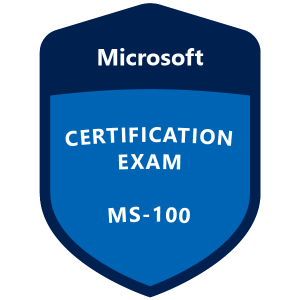
[ad_1]
In a previous blog post, I talked about two products that enabled running the ARM64 version of Windows 11 on M1-based Macs, Parallels Desktop and VMware Fusion. Both work reasonably well, but there was one challenge: At that point, Microsoft wouldn’t sell you a version of Windows 11 to run on it. There were two problems to overcome:
- You need Windows 11 ARM64 media. There are no ISOs or WIM files available for this, as Microsoft hasn’t ever made these available. But they did make a Windows Insider ARM64 virtual hard disk image available for download, and that will work with Hyper-V (if you’ve got a Windows 11 ARM64 machine running Hyper-V) as well as with Parallels or VMware, so that’s a reasonable workaround.
- You need a Windows 11 ARM64 product key. Technically, there was nothing that prevented you from using any Windows 11 key to do this, as Windows product keys are not architecture-specific, so you can use the same key with x86 (RIP), x64, and ARM64 OSes. But Microsoft made statements via spokespeople saying this wasn’t supported. For example, this article on the Verge contained a quote from Microsoft:
“Microsoft only licenses Windows 10 on ARM to OEMs,” says a Microsoft spokesperson in a statement to The Verge. We asked Microsoft if it plans to change this policy to allow Windows 10 on ARM-based Macs, and the company says “we have nothing further to share at this time.”
Fortunately, they had something to share later, again through an official Microsoft spokesperson (that faceless PR-driven process where press or analysts can ask Microsoft for an official response to a question). A lengthy Twitter thread on the topic (driven by a new ARM64-based mini-desktop computer that ships with Windows 11 but without a license — until that was changed by the manufacturer of the device to say that it did indeed include a license) pointed to a blog post from Wes Miller, an analyst and licensing expert with Directions on Microsoft. That post included this quote:
Yes customers can use retail copies to run Windows 10/11 on Macs, including ARM Macs. The Windows retail EULA does not have any use rights restrictions on the type of device you install Windows on. Note that the EULA does stipulate that not all versions of Windows are supported on all device types, so theoretically customers could run into compatibility issues with performance & support case by case, but this is not a licensing restriction. Customers can find more details on compatibility at https://aka.ms/minhw.
OK, so that means you can indeed buy a Windows 11 retail product key and use it to activate an ARM64 VM running on an M1 Mac — Microsoft’s EULA has no way to stop you, nor does the Windows 11 product itself. It doesn’t solve the media problem (you still can’t get media), but if you’re willing to start on Insider builds, you can (eventually) get off of that train for the next RTM release. So that’s a positive.
But Microsoft still won’t support Windows 11 running on an M1 Mac, so if something doesn’t work, don’t call them about it. (Realistically, that means you would need to reproduce the issue on a Windows device that is fully supported, so it’s not necessarily a complete dead end.)
[ad_2]
Source link




